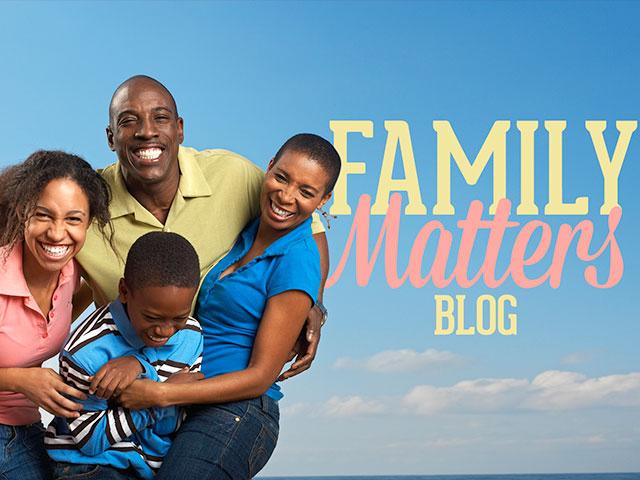The Power of Forgiveness

When we have been hurt, wronged, treated unfairly or even abused, our natural response it to seek revenge or want to hurt the person back.
But Jesus was radical when he talked to us about how we are to respond to someone who offends or hurts us. And psychology has finally caught up to the benefits of choosing to forgive.
Here are 10 reasons why forgiveness is so important:
Forgiveness…
1) Is a choice.
You can choose to stay stuck and hold on to anger, bitterness and resentment or you can choose to move forward by letting go.
2) Is not about what people deserve.
None of us deserves to be forgiven; yet God forgives us.
3) Does not mean you condone what they did.
It means the opposite. You acknowledge the hurt and still choose to forgive, which is why it is so powerful.
4) Is an individual act.
It takes two to reconcile, but only one to choose the route of forgivness.
5) Is commanded by Christ.
It's not an option. Even if they sin against you seven times in a day and seven times come back to you saying ‘I repent', you must forgive them. (Luke 17:4)
6) Helps your physical health.
Having an attitude of forgiveness can help lower blood pressure and stress, and make you a reduced risk for substance abuse and depression.
7) Opens the door to reconciliation.
You can’t force someone to reconcile because you don’t have control over his/her actions. But you can open the door to the possibility by beginning with forgiveness.
8) Is on-going.
Then Peter came to Jesus and asked, “Lord, how many times shall I forgive my brother or sister who sins against me? Up to seven times?” Jesus answered, “I tell you, not seven times, but seventy-seven times. (Matthew 18:21-22)
9) Goes against our natural instincts.
In our humanity, we want to get revenge or even the score.
Do not take revenge, my dear friends, but leave room for God’s wrath, for it is written: “It is mine to avenge; I will repay,” says the Lord. On the contrary: “If your enemy is hungry, feed him;if he is thirsty, give him something to drink. In doing this, you will heap burning coals on his head.”Do not be overcome by evil, but overcome evil with good. (Romans 12:19-21)
10) Means leaving our case in the hands of God.
“He committed no sin, and no deceit was found in his mouth.” When they hurled their insults at him, he did not retaliate; when he suffered, he made no threats. Instead, he entrusted himself to him who judges justly. (1 Peter 2:22-23)
For more help, check out Dr. Linda Mintle's book, Breaking Free from Anger and Unforgiveness.
